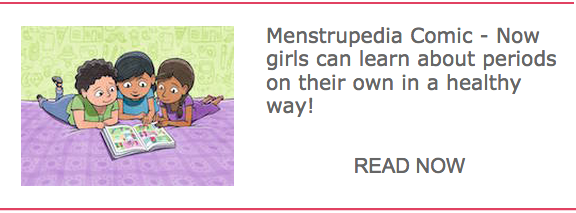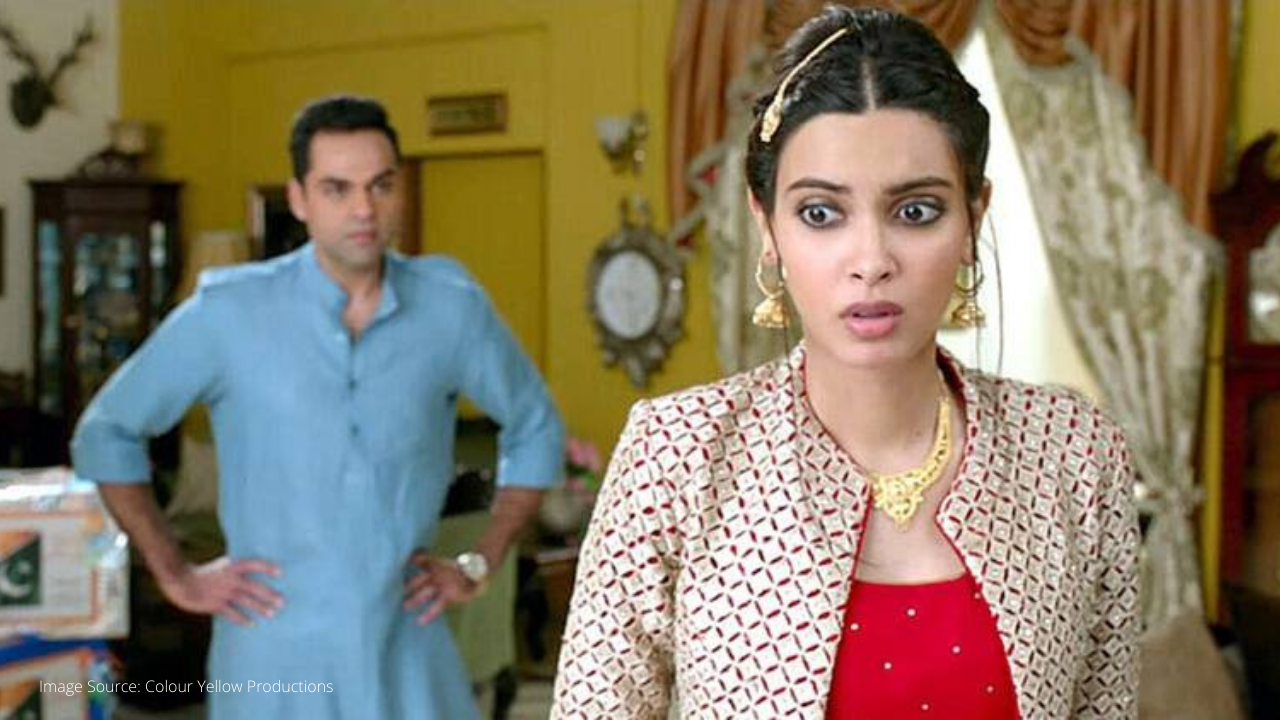‘Little Red Riding Hood’, a title to a fairy tale, with time, has opened up a new perspective in my eyes. These few words can transgress the limits of the tale to be connected in a broader perspective to the issue of menstruation. Since time immemorial to contemporary days, menstruation still broadly remains a shame. It is a mark of the terrible days when young girls curse their existence on reaching puberty; for thereafter impurity grossly marks these ‘red’ days – these five-seven days when they shall not be allowed to enter kitchens or even participate in religious performances. Menstruation happens; it is a normal phenomenon marking the blooming of young girls into womanhood. But with this phenomenon, abnormalities creep in, the little girls are all like ‘little red riding hoods’ in their respective lives, but the difference is that the fairy tale ends upon attaining ‘maturity’. Thereafter, they reach all of 11-12 years of age, they ‘ride’ their ‘red’ days with a ‘hood’-ed existence, with the ‘hood’ denoting shame and disgrace here. Their ways of life gets measured, compartmentalized, with general warnings meted out on the lines of “do not talk to guys,” “you should not discuss this with the male members of the family,” “do not touch any religious items,” and ”do not pray.”
And should her best friend be getting married, they would say – “Please stay away from even touching the sister who is to be married to the groom from a faraway land!” So what, if the young girl cannot see her sister, her companion in tears and smiles for days? She is not allowed to hug her and feel her presence for she is thought to be impure and therefore she can cry her heart out only in a corner of the house, cut away from the purity of marital celebrations. This is how society works. These notions are like the wolf in the tale of Little Red Riding Hood, devouring the peaceful occurrence of a natural process. Society feeds the ‘wolf’ and they train young girls to accept that with menstruation, fairy tales only belong to ‘once upon a time’. It is society at large which gives birth to such wolves where ‘little red riding hoods’ need to be extremely careful even of themselves. Needless to say, it is we who create social norms – rather than this hush-hush introduction to the red days, why can’t menstruation be a welcoming change?

Does menstruation always need to be shameful? Does it have to be a taboo, more importantly? We have created this society by accepting generally prescribed norms and it is we who have let the ‘wolf’ chase us but it is now about time that we teach girls to fight the ‘wolves’ like the ‘huntsman’ did. Why can’t girls compulsorily be taught about menstruation as a fairy tale beginning? A beginning when magically, the body undergoes changes. Why can’t menstruation be viewed as the touch of a fairy godmother’s magic wand rather than be tainted by the prevalent contrasting picture of impurity? Why can’t menstruation be the first magic that fairies bless you with, thus signifying that you are ready to miraculously produce creations of your own someday?
It is all about perspectives. The time has come, when just like the ‘huntsmen,’ we kill the ‘wolves’ inside all of us and thus let the many ‘little red riding hoods’ dwell in the land of fairy tales that have a semblance of truth. Let us hope for a better tomorrow when this shameful introduction to periods will just be the beginning of magic in each and every girl’s life. Thus menstruation will then let them dwell in the land of magic, of miracles, of fairies and more importantly, in the promise of a better world. Let us hope for this beautiful and magical state of being. To quote Roald Dahl -“And above all, watch with glittering eyes the whole world around you because the greatest secrets are always hidden in the most unlikely places. Those who don’t believe in magic will never find it.”
Sudeshna is an English major from Presidency college, Kolkata, and have completed an M.Phil in Comparative Literature from Jadavpur University, Kolkata. She loves reading, writing, painting, spending time with her loved ones and pursuing laziness as a habit.
Editor: Divya Rosaline
Menstrupedia Comic Book helps young girls learn about menstruation easily in a fun way! Read it for FREE here







